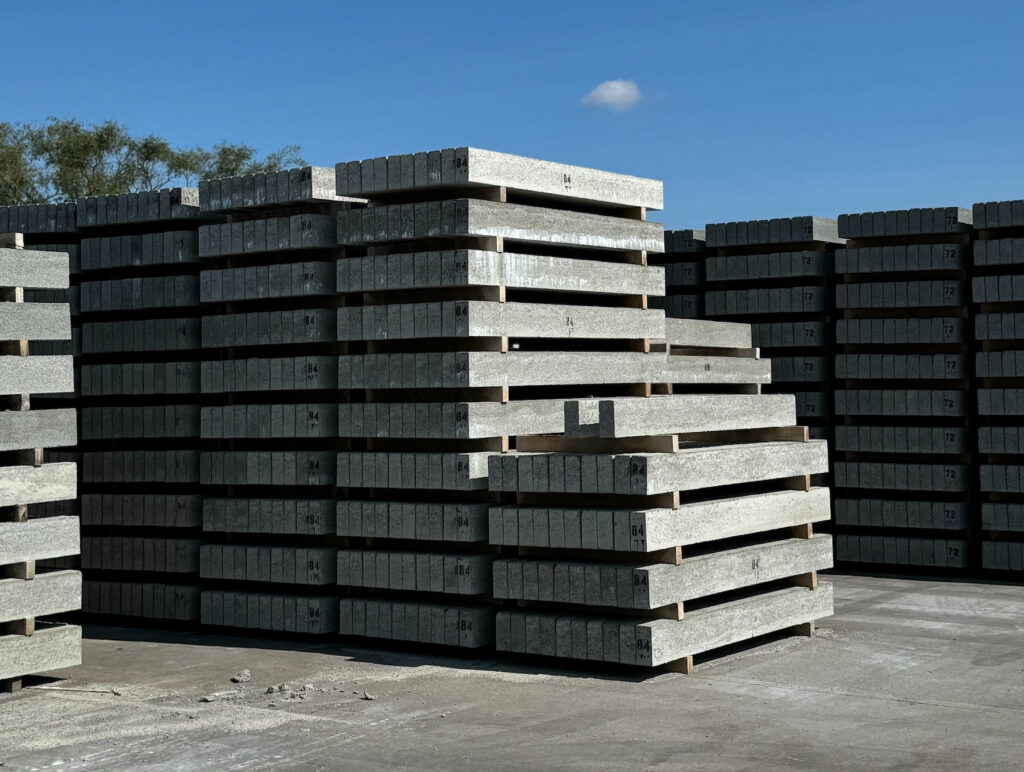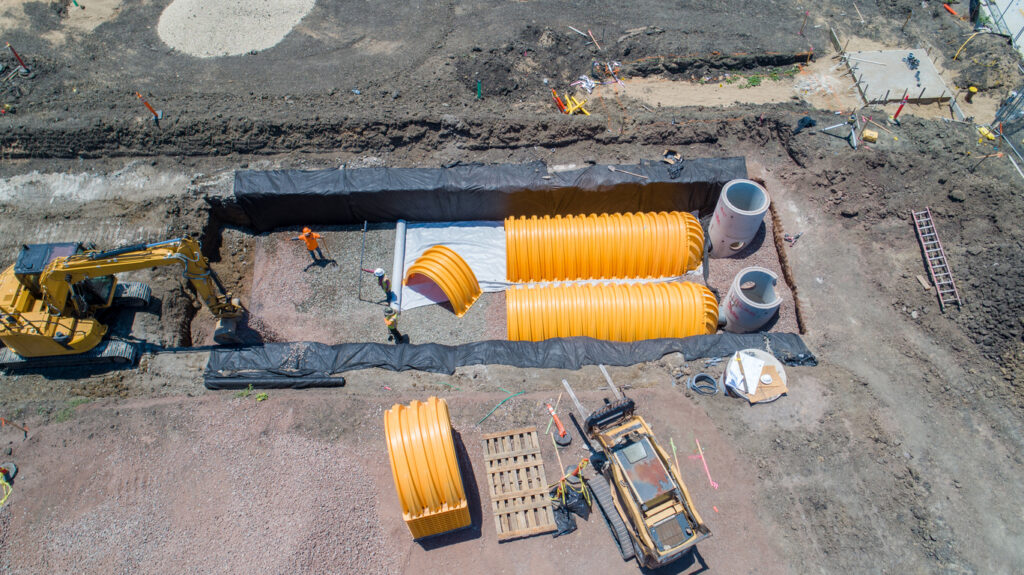6 Brick Maintenance Mistakes To Avoid
Brick, with its timeless appeal and inherent durability, has been a staple in construction for centuries, gracing buildings with its rustic charm and structural integrity. From historic landmarks to modern homes, brickwork stands as a testament to craftsmanship and longevity. However, to preserve its beauty and structural integrity, brick requires regular maintenance and care. Whether you’re a homeowner, contractor, or enthusiast, understanding the nuances of brick maintenance is essential for safeguarding your investment and ensuring the longevity of your brick structures.
Neglecting Regular Inspections
Regular inspections are crucial for identifying any signs of damage or deterioration in your brickwork. Ignoring these inspections can allow minor issues to escalate into major problems, leading to costly repairs down the line. Make it a point to inspect your brick surfaces at least once a year, paying close attention to areas prone to moisture accumulation or structural stress.
Using Harsh Cleaning Methods
While brick is a durable material, it can be susceptible to damage from harsh cleaning methods. Avoid using abrasive cleaners, high-pressure washers, or acidic solutions on your brick surfaces, as these can strip away the protective sealant and cause irreparable damage to the bricks. Instead, opt for gentle cleaning techniques, such as mild detergent and water or specialized brick cleaning solutions.
Ignoring Efflorescence
Efflorescence, the white, powdery residue that often appears on brick surfaces, is caused by the migration of salts to the surface of the bricks. While efflorescence itself is not harmful, ignoring it can lead to unsightly stains and compromise the integrity of the bricks over time. Address efflorescence promptly by gently scrubbing the affected areas with a stiff brush and applying a breathable sealant to prevent future buildup.
Skipping Repointing
Repointing, or the process of repairing deteriorated mortar joints, is essential for preserving the structural integrity of brickwork. Over time, mortar joints can deteriorate due to exposure to the elements, leading to moisture infiltration and potential damage to the surrounding bricks. Avoid the mistake of skipping repointing by inspecting your mortar joints regularly and addressing any signs of deterioration promptly.
Overlooking Waterproofing
Proper waterproofing is crucial for protecting brick surfaces from moisture damage, especially in areas prone to heavy rainfall or humidity. Neglecting to apply a waterproof sealant to your brickwork can leave it vulnerable to water penetration, leading to efflorescence, mold growth, and structural deterioration. Invest in a high-quality waterproofing sealant and apply it to your brick surfaces according to the manufacturer’s instructions.
Neglecting Routine Maintenance
Regular maintenance tasks, such as clearing debris from gutters and downspouts, trimming vegetation away from brick surfaces, and inspecting for signs of pest infestation, are essential for preventing damage to your brickwork. Neglecting these routine maintenance tasks can allow issues to go unnoticed and worsen over time, leading to costly repairs and potential structural damage.
By avoiding these common brick maintenance mistakes and implementing a proactive maintenance routine, you can ensure that your brickwork remains strong, beautiful, and resilient for years to come. Remember to prioritize regular inspections, gentle cleaning methods, prompt repairs, and proper waterproofing to keep your brick surfaces in optimal condition. With the right approach and attention to detail, you can enjoy the timeless beauty and durability of brick without falling victim to common maintenance pitfalls.

VP of Architectural Sales- VirginiaJeff Carlson
Latest News

Choosing The Right Size: Your Essential Concrete Lintel Size Guide
Choosing the right size for a concrete lintel is a critical decision that can significantly impact the structural integrity of […]

Inaccurate Soil and Stormwater Models
Green infrastructure stormwater practices are predicated on a soil’s ability to absorb or infiltrate water. This value is reported in […]

6 Must-Have Concrete Reinforcing Accessories
In construction, boosting and guaranteeing the strength and durability of concrete structures are always a plus. This is where concrete […]

Stormwater’s Buried Structural Plastic Problem
One of the most common solutions to stormwater challenges is big chambers or vaults to hold water. That is when […]
